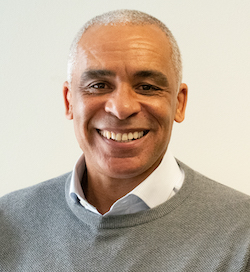Physical activity is 1.5 times more effective than counselling or leading medications when it comes to managing and treating mental health issues such as depression and anxiety.
The finding comes from research conducted by the University of South Australia (UOSA) in Adelaide, Australia, Effectiveness of physical activity interventions for improving depression, anxiety and distress published in the British Journal of Sports Medicine.
It found that physical activity is linked to a 43 per cent reduction in mental health symptoms. Exercise was deemed particularly effective for reducing symptoms of depression, anxiety and psychological distress.
A review of data, conducted by UOSA, encompassed 97 reviews, 1,039 trials and 128,119 participants, showing that physical activity’s positive effects are similar across a wide range of adult populations, including the general population, people with diagnosed mental health disorders and those with chronic disease.
Higher intensity physical activity was associated with greater improvements in symptoms, however, the rate of change in effectiveness of exercise interventions seems to diminish with longer-duration interventions. Physical interventions that were 12 weeks or shorter were the most effective at reducing symptoms, highlighting the speed at which physical activity can make a change.
Some methods of exercise were also more effective than others in improving particular conditions. For example, resistance exercise had the largest effects on depression, while yoga and other mind–body exercises were most effective for reducing anxiety.
According to Lead UOSA researcher, Dr Ben Singh, the results of the research mean exercise should be adopted as a primary approach for managing mental health issues. Singh says: “We found that all types of physical activity and exercise were beneficial, including walking, resistance training, Pilates and yoga.”
“We’re confident that if physical activity interventions were adopted, we would see a definite positive impact on symptoms of depression, anxiety and distress.”
The benefits of exercise to mental health have been well-documented for decades and the fitness industry has consistently made the case for physical activity to be used in treating depression and anxiety.
In 2005, HCM reported on a campaign by The Mental Health Foundation to raise awareness about the effectiveness of exercise in preventing and treating mental health. In 2010, we covered the work of teams from the Institute of Psychiatry (IoP) at King’s College London, the Norwegian Institute of Public Health and the University of Bergen, who found that people who participated in regular physical activity outside work were less likely to show signs of depression than those who didn’t.
Share your views with HCM on this research at letters@leisuremediacom
More: www.HCMmag.com/DAD






















































